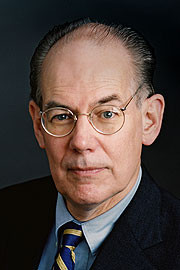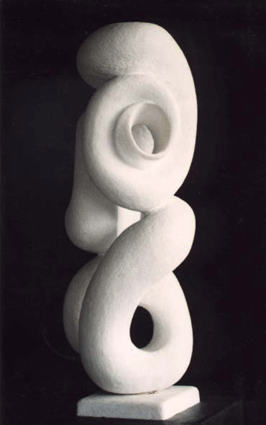
The crucible of Yemen
The two opposing forces of unity and disunity are helping to shape the future of the struggle against Saleh in Yemen.
by Larbi Sadiki, Al Jazeera, May 22, 2011
There has never been a single Yemen, and maybe there will never be one. What is nonetheless exceptional about the revolt engulfing Yemen is that it represents a united stand, a cry for freedom and dignity. Thus it echoes the cry for freedom in Tunis’ Habib Bourguiba Avenue and Cairo’s Tahrir Square.
However, Yemen presents a prominent specificity; it’s a unity-disunity pairing that shapes and re-shapes the current moment of popular empowerment, constantly stirring the politics concocted within the Yemeni crucible.
Note that Yemenis feel insulted by the brand of nepotism and dynasticism engineered by Saleh and his ilk. The fissiparous forces which Saleh controlled, kept in check or used to his own ends through cunning, money, and even violence, are today largely rallied against him.
He dropped them like hot potatoes when political expediency demanded it. Now they are returning the favour. In this, Saleh’s foes seem to be united.
The interplay of unity and disunity are responsible for both Yemen’s moment of popular empowerment and weakness, as far as democratic protest and change are concerned.
One Yemen, many Yemens
In every sense, Yemen is breathtaking. It is a quilt of colours, climes, landscapes, regions, sects, tribes, customs, ideologies, histories and identities. Anthropologists would have a field day exploring it. But not so if one approaches Yemen with a narrow political science set of lenses. The risk to miss the “Archimedean point” – wherever that might be – is greatest here. Continue reading The Crucible of Yemen






